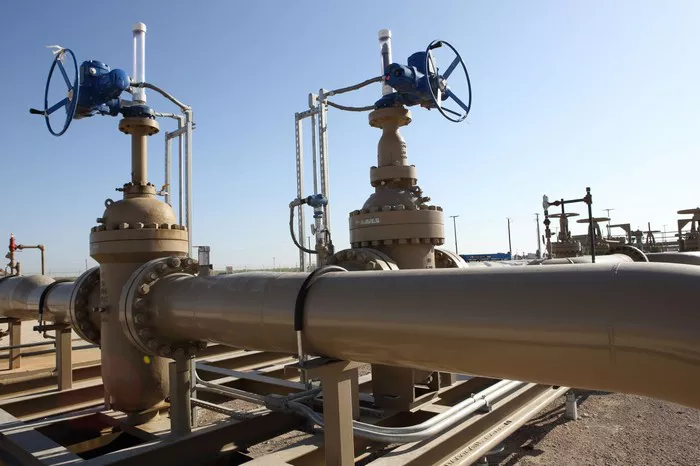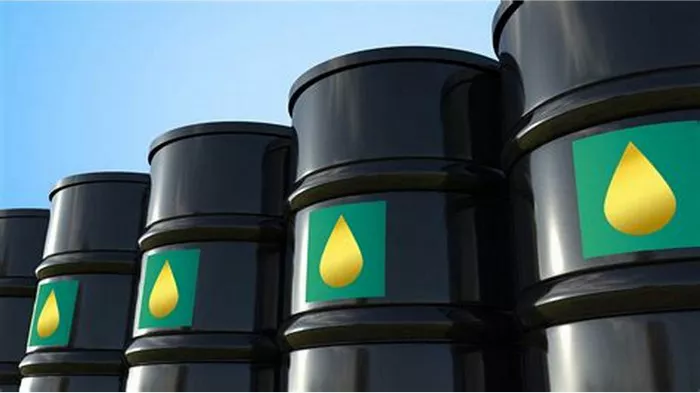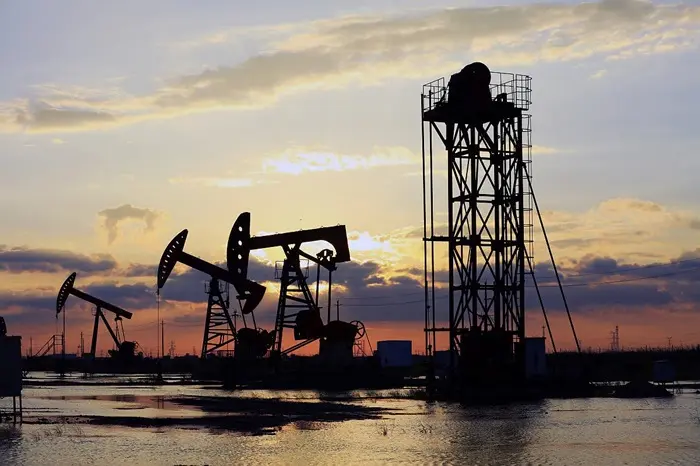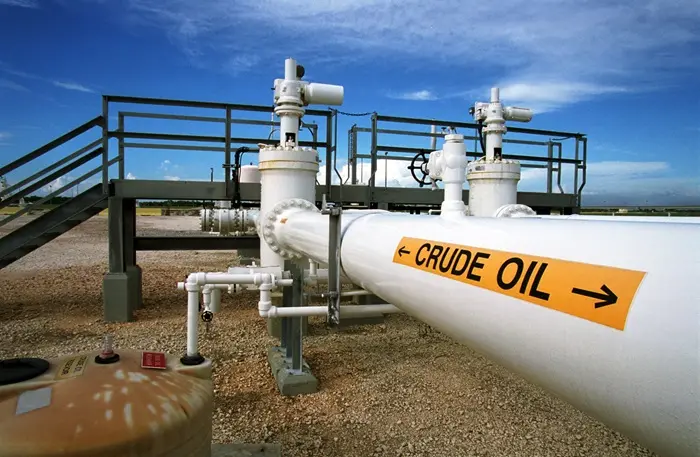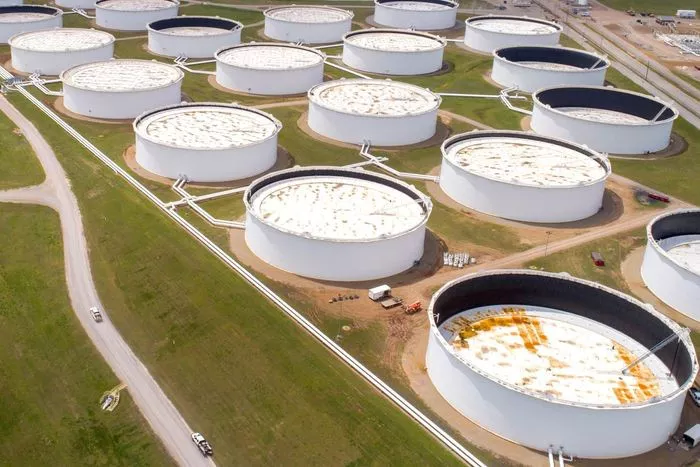Crude oil is a critical resource in the modern world, powering industries, transportation, and households. Understanding the daily consumption of crude oil is essential for grasping the scale of global energy needs and planning for future energy strategies. This article provides a detailed examination of the approximate number of barrels of crude oil used every day worldwide, factors influencing consumption, and the implications for energy policies and sustainability.
Global Daily Crude Oil Consumption
Current Estimates
As of recent estimates, the world consumes approximately 100 million barrels of crude oil each day. This staggering figure highlights the central role crude oil plays in the global economy and daily life. The consumption is driven by various sectors including transportation, industry, power generation, and residential use.
Historical Trends
The demand for crude oil has seen significant growth over the decades. In the 1960s, global consumption was around 30 million barrels per day. This number has more than tripled, reflecting economic growth, population increase, and the expansion of transportation and industrial activities.
Regional Consumption Patterns
North America
North America, particularly the United States, is one of the largest consumers of crude oil. The U.S. alone consumes about 20 million barrels per day, accounting for roughly 20% of the world’s total consumption. This high demand is largely due to the extensive use of vehicles and industrial processes.
Asia-Pacific
The Asia-Pacific region, with countries like China, India, and Japan, is another significant consumer of crude oil. China’s rapid industrialization and urbanization have made it the world’s second-largest oil consumer, using around 14 million barrels per day. India follows with approximately 5 million barrels per day.
Europe
Europe’s consumption is substantial, with the region using around 13 million barrels per day. Countries like Germany, the United Kingdom, and France are major consumers, driven by their industrial activities and transportation needs.
Middle East
The Middle East, known for its vast oil reserves, is both a major producer and consumer of crude oil. The region consumes around 9 million barrels per day, with Saudi Arabia being a significant consumer due to its industrial base and transportation requirements.
Africa and Latin America
These regions have lower consumption levels compared to North America and Asia, but their demand is steadily increasing. Africa consumes about 4 million barrels per day, while Latin America uses around 6 million barrels per day.
See Also: 9 Major Benefits of Crude Oil
Factors Influencing Crude Oil Consumption
Economic Growth
Economic development is a primary driver of crude oil consumption. As economies grow, the demand for energy increases, leading to higher oil consumption. Industrialization, urbanization, and the expansion of transportation networks are key contributors.
Population Growth
A rising global population directly impacts crude oil consumption. More people mean increased demand for transportation, residential energy use, and industrial products, all of which rely heavily on crude oil.
Technological Advancements
Technological progress can both increase and decrease crude oil consumption. Innovations in efficiency and alternative energy sources can reduce dependency on oil, while advancements in industries like petrochemicals can drive up demand.
Transportation Sector
The transportation sector is the largest consumer of crude oil, accounting for about 60% of global demand. The widespread use of cars, trucks, airplanes, and ships significantly contributes to daily oil consumption.
Industrial Activities
Industries such as manufacturing, chemicals, and construction are heavy users of crude oil. These sectors require substantial amounts of energy for production processes, machinery operation, and transportation of goods.
Government Policies
Government policies and regulations play a crucial role in shaping crude oil consumption. Policies promoting energy efficiency, alternative energy sources, and emission reductions can reduce oil demand. Conversely, subsidies for fossil fuels can increase consumption.
Implications of High Crude Oil Consumption
Environmental Impact
High levels of crude oil consumption have significant environmental consequences. Burning oil releases greenhouse gases, contributing to global warming and climate change. Oil extraction and transportation can also lead to environmental degradation and pollution.
Economic Stability
The global economy is heavily dependent on crude oil, making it vulnerable to price fluctuations and supply disruptions. Oil price volatility can affect inflation, economic growth, and geopolitical stability.
Energy Security
Relying heavily on crude oil poses risks to energy security. Countries that depend on oil imports are vulnerable to supply disruptions due to geopolitical tensions, natural disasters, or market fluctuations.
Sustainability Challenges
The finite nature of crude oil reserves presents sustainability challenges. As easily accessible reserves deplete, extraction becomes more difficult and expensive, prompting the need for alternative energy sources and sustainable practices.
Strategies for Managing Crude Oil Consumption
Promoting Energy Efficiency
Improving energy efficiency in transportation, industry, and residential sectors can significantly reduce crude oil consumption. This includes advancements in vehicle fuel efficiency, industrial processes, and building energy management.
Investing in Alternative Energy
Developing and adopting alternative energy sources such as wind, solar, and biofuels can reduce reliance on crude oil. Governments and businesses are increasingly investing in renewable energy technologies to diversify energy portfolios.
Enhancing Public Transportation
Improving and expanding public transportation systems can reduce the number of vehicles on the road, decreasing oil consumption. Policies promoting the use of electric and hybrid vehicles also contribute to this goal.
Encouraging Behavioral Changes
Public awareness campaigns and incentives can encourage individuals and businesses to adopt more sustainable energy practices. Reducing unnecessary travel, carpooling, and optimizing energy use in homes and offices are examples of behavioral changes that can impact oil consumption.
Strengthening International Cooperation
Global collaboration is essential for addressing the challenges of crude oil consumption. International agreements and partnerships can promote energy security, environmental protection, and sustainable development.
Conclusion
The daily consumption of crude oil is a complex and multifaceted issue with far-reaching implications. Understanding the scale of global oil use, the factors driving consumption, and the consequences of high demand is crucial for developing effective energy policies and strategies. By promoting energy efficiency, investing in alternative energy sources, and encouraging sustainable practices, the world can manage crude oil consumption more effectively and work towards a more sustainable and secure energy future.
Related topics:

